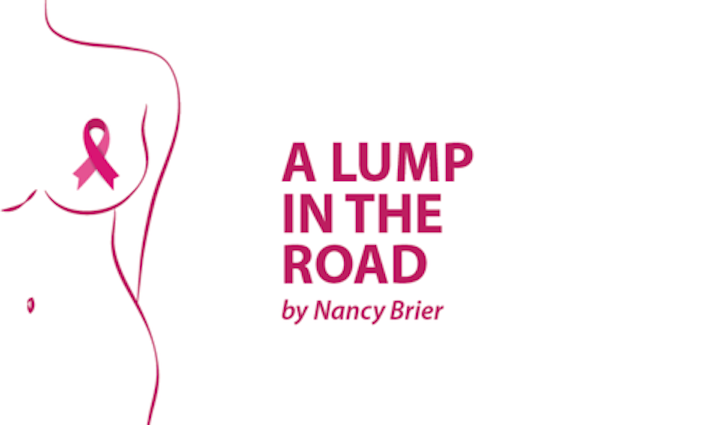This week’s column is about what to do when you’re staring down a life-changing diagnosis. Learning you have breast cancer is terrifying, but like so many others, you’re going to get through it — just like I’m doing. From a patient’s perspective, I offer three categories of advice: your health, your hair, and your heart.
About your health
Although you may feel like you’re at your weakest, you need to rally. Advocate for yourself as if your life depends on it. Here’s how:
Get a second opinion:
No exceptions. Make sure you speak with an oncologist. Most cancer patients get referred to surgeons. I love my surgeon, but meeting with an oncologist saved my breast, my nipple, and possibly my life. He ordered tests that discovered cancer had spread to other parts of my body; cancers that otherwise would have gone untreated. And he suggested neoadjuvant therapy instead of surgery first.
Ask about neoadjuvant therapy:
This $10 term means having chemo before surgery to shrink your tumor, which can make surgeries unnecessary or less invasive. It’s how my would-be mastectomy turned into a nipple-saving lumpectomy with the same statistical outcome. Ask about it.
Find out about nipple-saving surgery:
The first surgeon I met with wanted to schedule a mastectomy the following morning and said she would tattoo a nipple on my new breast. As it turned out, chemo shrunk my tumor, so I was able to have a lumpectomy, and the technique they used saved my nipple. No one talks about nipples, but I encourage you to ask specifically what the plan is for yours.
See if you can get a port-a-cath:
A “port” is a little device that can be inserted into your body to make it easier and less painful to draw blood and get chemo. If you have to have chemo and your doc hasn’t suggested a port, ask for one. I highly recommend it.
Research ConsumerMedical:
This privately held company, founded by the brother of a breast cancer survivor, pairs seriously ill people with experts to help navigate the complicated process of treatment. Each patient is matched with three experts: a physician, a researcher, and a nurse. They don’t replace your doctor; they just act as advocates so you know what questions to ask and how to get through a confusing situation. The service is open-ended and stays with you for as long as necessary. Currently, their services are available only as an employee benefit. However, ConsumerMedical has offered free access to their services for the first five readers who respond to this column. If you’d like to be one of them, please contact Debbie O’Shea Begley at [email protected]. In the subject line, write: “Golden Ticket – Nancy Brier.”
When I was newly diagnosed, I had complicated questions about insurance, treatment options, and basic care, and it was a struggle. I urge you to take advantage of this generous offer, and if you do, I’d love to hear about the experience.
About your hair
Anyone who dismisses hair loss as a trivial matter hasn’t faced going bald.
This is going to sound bizarre, but you can freeze your head during chemo infusions, and it might save your hair. The idea is that because your scalp is frozen, the chemo meds don’t circulate there, and your hair doesn’t fall out. I tried it and it didn’t work for me, but since then, new FDA-approved technologies have made success rates better. This column is full of links to more information if you’re interested in pursuing it.
If you do lose your hair, there’s a guy in Minneapolis named Jon Richards who figured out how to put extensions on chemo-thinned hair. For me, it was a game changer in recovery.
About your heart
Keep your heart in the game. Remember that your thoughts and attitude are your most powerful tool in recovery. If it gets too hard, ask for help — resources are everywhere.
Be gentle with yourself, get plenty of sleep, eat comforting food, and watch a few movies. Lean into art and surround yourself with loving people.
A recovery journal can help you capture thousands of kindnesses people will extend to you on your path. One drawing I made showed a bumpy, meandering road paved with diamonds.
Here’s hoping your health, your hair, and your heart come out better than ever and that the strength you gain along the way will help you pull someone else to the other side of recovery.
***
Note: Breast Cancer News is strictly a news and information website about the disease. It does not provide medical advice, diagnosis, or treatment. This content is not intended to be a substitute for professional medical advice, diagnosis, or treatment. Always seek the advice of your physician or other qualified health provider with any questions you may have regarding a medical condition. Never disregard professional medical advice or delay in seeking it because of something you have read on this website. The opinions expressed in this column are not those of Breast Cancer News, or its parent company, BioNews Services, and are intended to spark discussion about issues pertaining to breast cancer.


